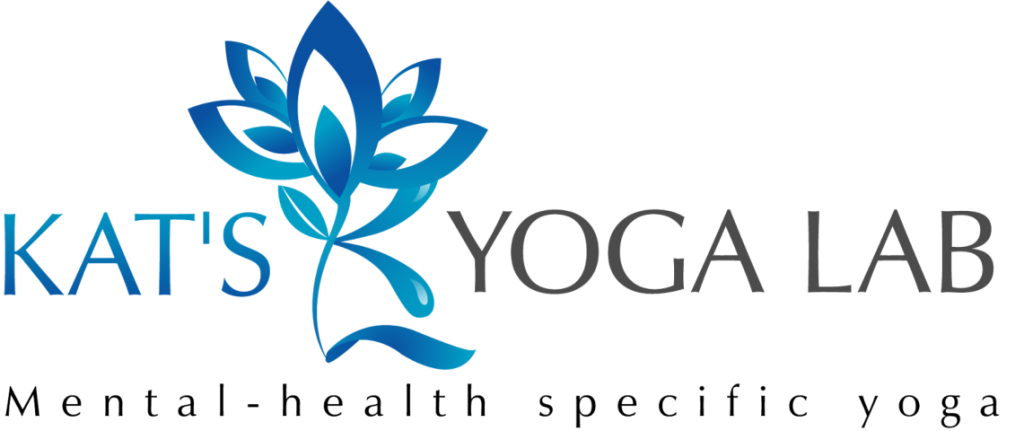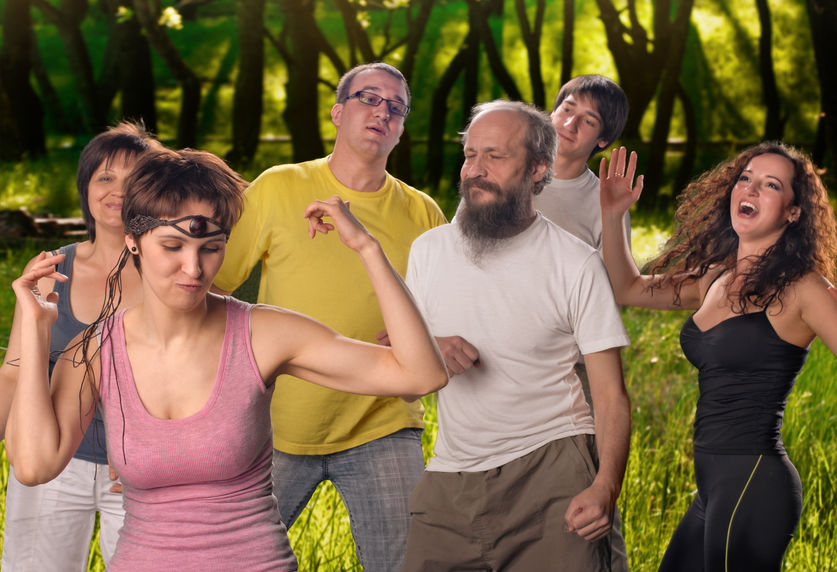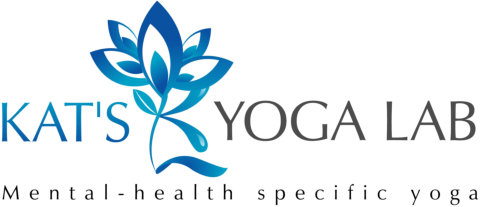COMPLEMENTARY THERAPIES
Complementary health therapies include a large and diverse group of procedures or techniques administered or taught by a trained practitioner or teacher. The 2012 NHIS showed that yoga, meditation, and massage therapy are among the most popular mind and body practices used by adults. The popularity of yoga has grown dramatically in recent years, with almost twice as many U.S. adults practicing yoga in 2012 as in 2002. Other complimentary health therapies include Tai Chi, relaxation techniques (such as breathing exercises, guided imagery, and progressive muscle relaxation), tai chi, dance therapy, and pet therapy.
COMPLEMENTARY THERAPY SERVICES







